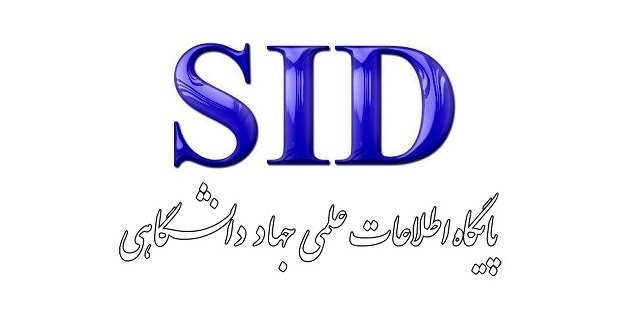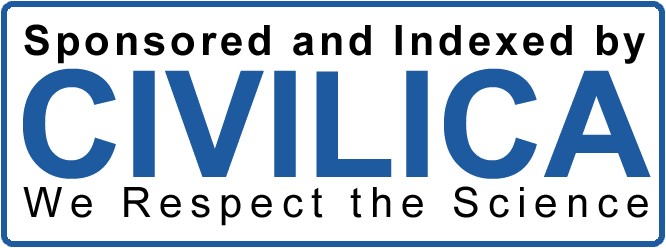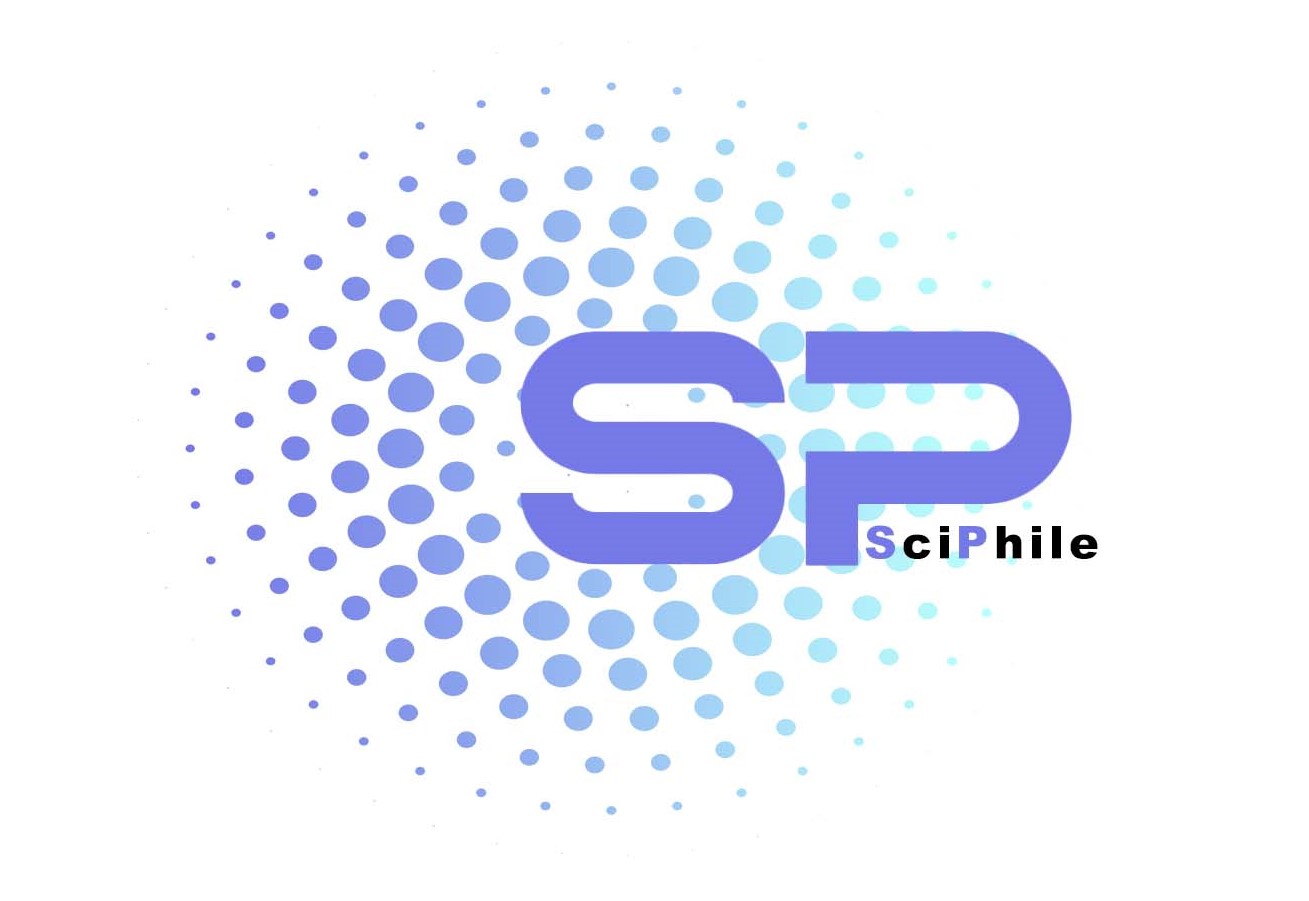About the Journal
Longevity aims to advance the scientific understanding and practical application of strategies to extend human lifespan and healthspan. By publishing rigorous, peer-reviewed research, the journal seeks to become a leading platform for disseminating knowledge that bridges basic science, clinical research, public health, and social sciences. Longevity is dedicated to fostering interdisciplinary collaboration and innovation to tackle the complexities of aging and promote healthy living across the lifespan.
Scopes:
Nutritional and Lifestyle Interventions:
- Diet and Nutrition: Research on the effects of various diets, including caloric restriction, ketogenic diets, and plant-based diets, on aging and longevity.
- Exercise and Physical Activity: Studies on the impact of different types and intensities of physical activity on lifespan and healthspan, including resistance training, aerobic exercise, and flexibility routines.
- Nutraceuticals and Supplements: Investigation into the efficacy and safety of dietary supplements, vitamins, and herbal products that claim to promote longevity.
- Behavioral and Psychological Factors: Analysis of the psychological and behavioral determinants of healthy aging, including stress management, cognitive training, and social engagement.
Sports Sciences and Physical Health:
- Exercise Physiology: Examination of the physiological responses to exercise in older adults and its effects on muscle mass, cardiovascular health, and metabolic function.
- Sports Psychology: Exploration of the psychological benefits of physical activity, including mental health improvements, motivation, and adherence to exercise regimes in aging populations.
- Rehabilitation Sciences: Development and assessment of physical therapy and rehabilitation strategies to maintain or restore function in aging individuals.
- Performance and Aging: Analysis of how aging impacts physical performance and the strategies to maintain high levels of function in older athletes.
Psychological and Behavioral Sciences:
- Cognitive Aging: Research on the changes in cognitive function with age, and interventions to preserve or enhance cognitive abilities.
- Mental Health: Studies on the prevalence, risk factors, and treatments for mental health issues in older adults, including depression and anxiety.
- Social Psychology: Examination of the social factors that influence aging, such as relationships, community engagement, and social support networks.
- Behavioral Interventions: Development and evaluation of interventions to promote healthy behaviors and lifestyle choices among older adults.
Technological Advances in Longevity Research:
- Biotechnology and Bioengineering: Innovations in biotechnology, such as CRISPR gene editing, synthetic biology, and bioprinting, that have potential applications in aging research.
- Pharmacological Developments: Discovery and development of new drugs and therapeutic agents aimed at modulating aging processes and treating age-related conditions.
- Artificial Intelligence and Big Data: Utilization of AI and big data analytics to identify patterns, predict outcomes, and optimize interventions in aging research.
- Regenerative and Personalized Medicine: Advances in personalized medicine approaches that tailor interventions based on individual genetic, epigenetic, and phenotypic profiles.
Medical and Clinical Research:
- Age-Related Diseases: Epidemiological studies, clinical trials, and therapeutic innovations targeting common age-related diseases such as cardiovascular disease, neurodegenerative disorders, diabetes, and cancer.
- Interventions and Treatments: Evaluation of pharmacological, surgical, and non-pharmacological interventions aimed at extending lifespan and improving healthspan, including hormone replacement therapy, gene therapy, and novel drug candidates.
- Biomarkers and Diagnostics: Development and validation of biomarkers for aging and age-related diseases, including omics technologies (genomics, proteomics, metabolomics) and imaging techniques.
- Regenerative Medicine: Advances in regenerative therapies, including stem cell treatments, tissue engineering, and organ regeneration, with a focus on applications for aging populations.
Sociology and Social Sciences:
- Aging and Society: Analysis of how societal structures, norms, and values shape the experience of aging.
- Demographic Trends: Studies on the implications of demographic changes, such as population aging, for society, healthcare, and the economy.
- Social Inequality: Exploration of how social determinants of health, including socioeconomic status, race, and gender, impact aging and longevity.
- Cultural Perspectives: Comparative studies on aging across different cultures and how cultural attitudes influence the aging process and care for the elderly.
Environmental and Ecological Influences:
- Environmental Exposures: Research on how environmental factors, such as pollutants, radiation, and toxins, impact aging and longevity.
- Microbiome: Studies on the role of the microbiome in health and aging, including the effects of gut microbiota on metabolism, immunity, and inflammation.
- Ecological Strategies: Investigation of ecological and environmental strategies to promote healthy aging, such as sustainable living practices and natural therapies.
Evolutionary and Comparative Biology:
- Comparative Lifespan Studies: Research comparing lifespan and aging processes across different species to identify common mechanisms and unique adaptations.
- Evolutionary Theories: Studies exploring evolutionary theories of aging, including the disposable soma theory, antagonistic pleiotropy, and the role of natural selection in shaping lifespan.
- Long-Lived Species: Insights from long-lived species, such as certain birds, reptiles, and mammals, that exhibit unique aging characteristics and extended lifespans.
- Model Organisms: Utilization of model organisms like yeast, worms, flies, and mice to study the genetic and environmental factors influencing aging.
Social and Ethical Considerations:
- Ethical Implications: Examination of the ethical issues surrounding life extension technologies, including consent, equity, and the impact on societal values and norms.
- Societal Impact: Analysis of the potential societal consequences of increased human lifespan, including economic, demographic, and cultural effects.
- Public Health Policies: Development and evaluation of public health strategies and policies aimed at promoting healthy aging and managing the challenges of an aging population.
- Equity and Accessibility: Exploration of issues related to the accessibility and affordability of longevity treatments, with a focus on reducing health disparities.
Biological Mechanisms of Aging:
- Molecular and Cellular Biology: Investigations into the molecular pathways and cellular processes that drive aging, including DNA repair mechanisms, protein homeostasis, and metabolic regulation.
- Genetics and Epigenetics: Studies on the genetic determinants of aging and longevity, as well as the epigenetic modifications that influence these processes.
- Mitochondrial Function and Oxidative Stress: Research on the role of mitochondria in cellular aging, the production of reactive oxygen species, and the impact of oxidative stress on cellular function and longevity.
- Cellular Senescence: Exploration of the mechanisms leading to cellular senescence, its role in aging and age-related diseases, and potential therapeutic strategies to target senescent cells.
- Stem Cell Biology: Insights into how stem cell function declines with age and strategies to rejuvenate or replace aged stem cells to improve tissue regeneration.
Open Access Statement
This journal is committed to immediate and real open access for academic work. All the original articles, technical briefs and review papers published in this journal are free to access immediately from the date of publication.
Copyright and License Agreement
This work is licensed under a Creative Commons Attribution-NonCommercial 4.0 International License.
The workings of the Creative Commons: BY-NC License, as stated on the Creative Commons website, is defined as below:
"This license lets others remix, tweak, and build upon your work non-commercially, and although their new works must also acknowledge you and be non-commercial, they don’t have to license their derivative works on the same terms."
The authors retain the copyright and full publishing rights without restrictions.
Similarity Check
We uphold the highest standards of academic integrity and rigor. To ensure the originality and quality of all submitted manuscripts, we utilize iThenticate, a leading plagiarism detection tool. All manuscripts undergo a thorough similarity check through iThenticate's advanced algorithms, helping us maintain the integrity of scholarly research and adhere to ethical publishing practices.
Repository and Archiving Policies
Authors are permitted to deposit all the following versions of their paper in an institutional or subject repository without any embargo.
- Preprint
- Author's Accepted Manuscript
- Published article (Version of Record)
The journal's website deposit all mentioned versions.
*The contents are archived and preserved at LOCKSS and CLOCKSS
Therefore, the articles will be available at the mentioned website in case they get removed from the journal website for any reason and the files remain permanently on that websites.










